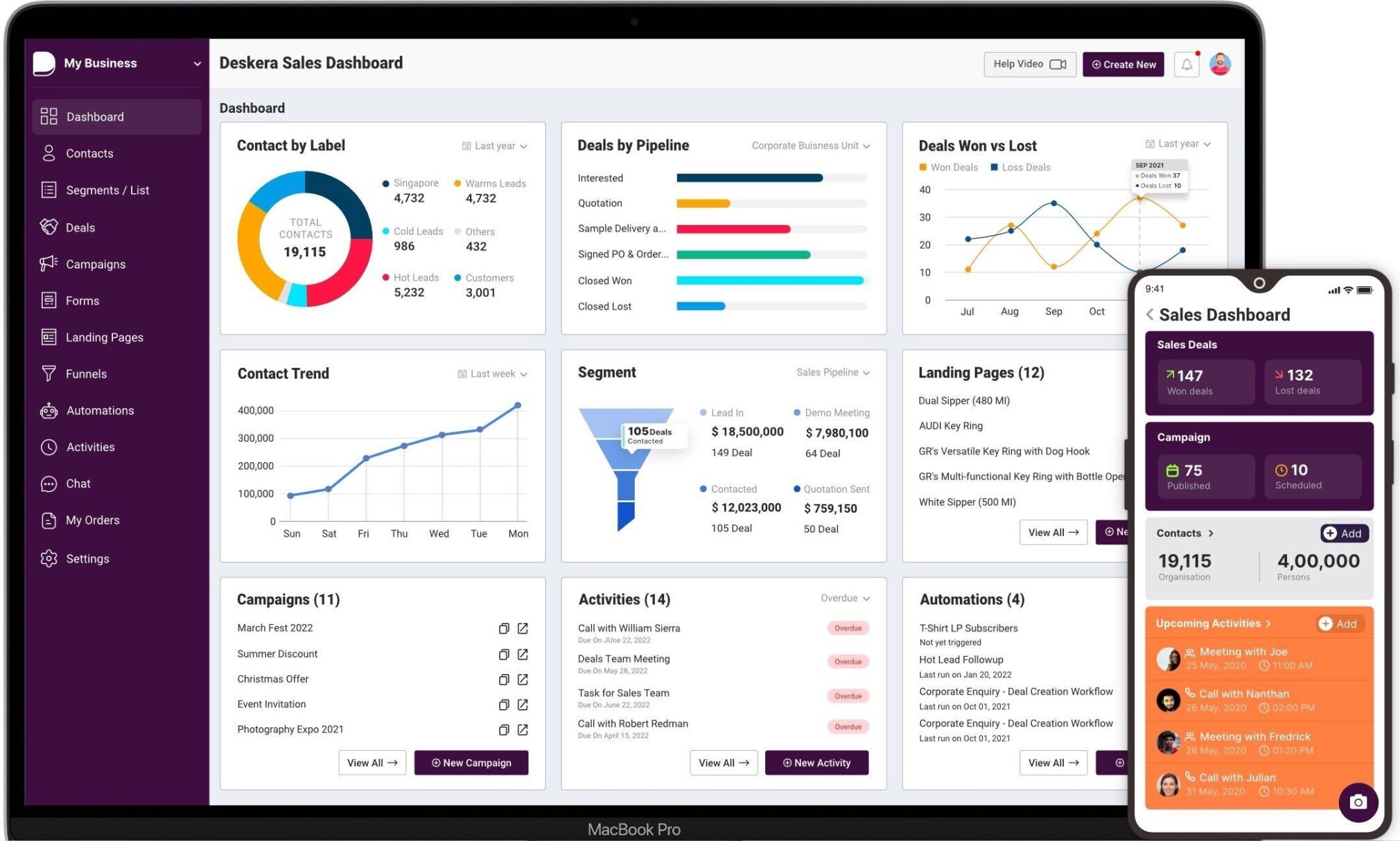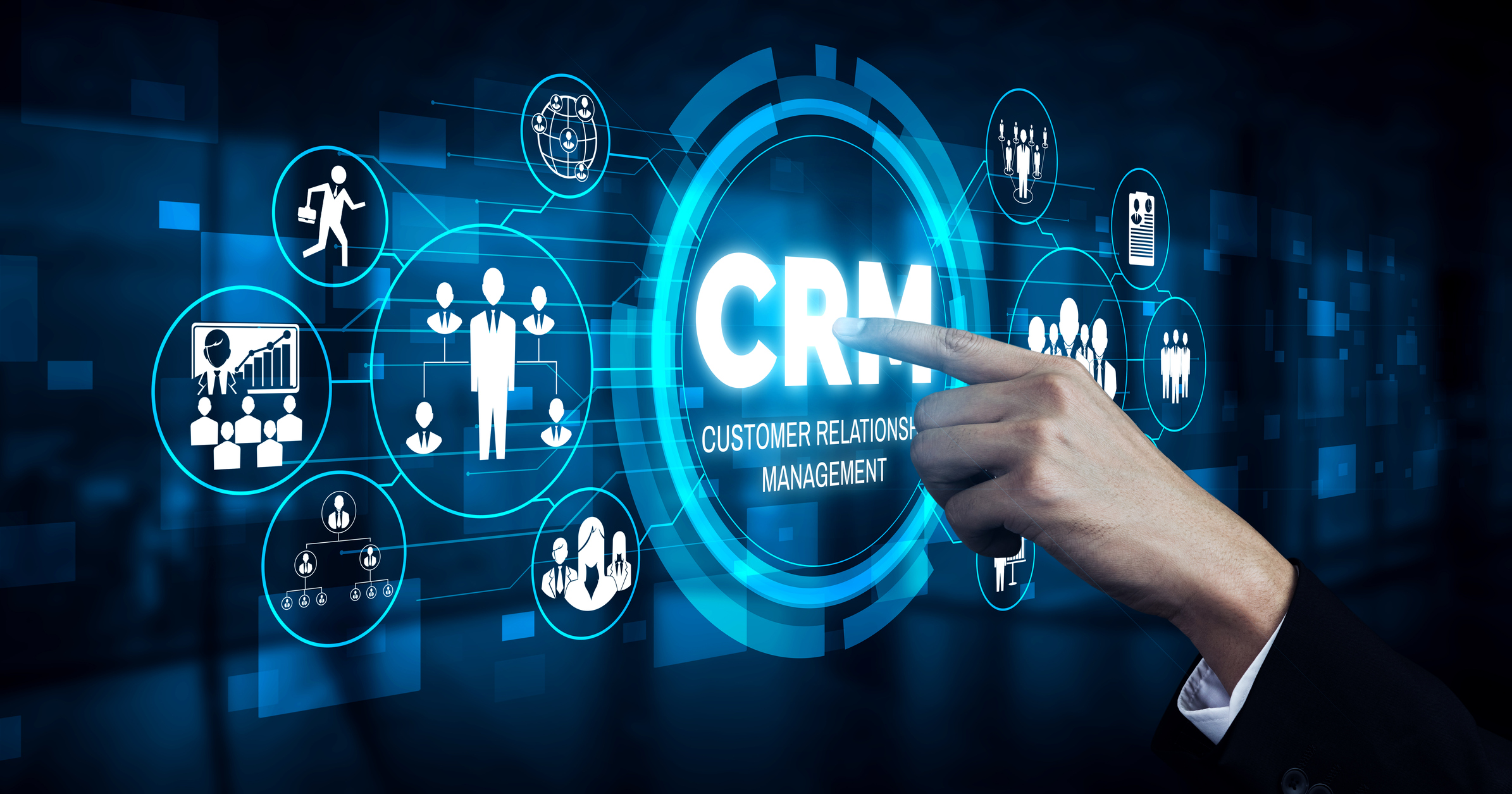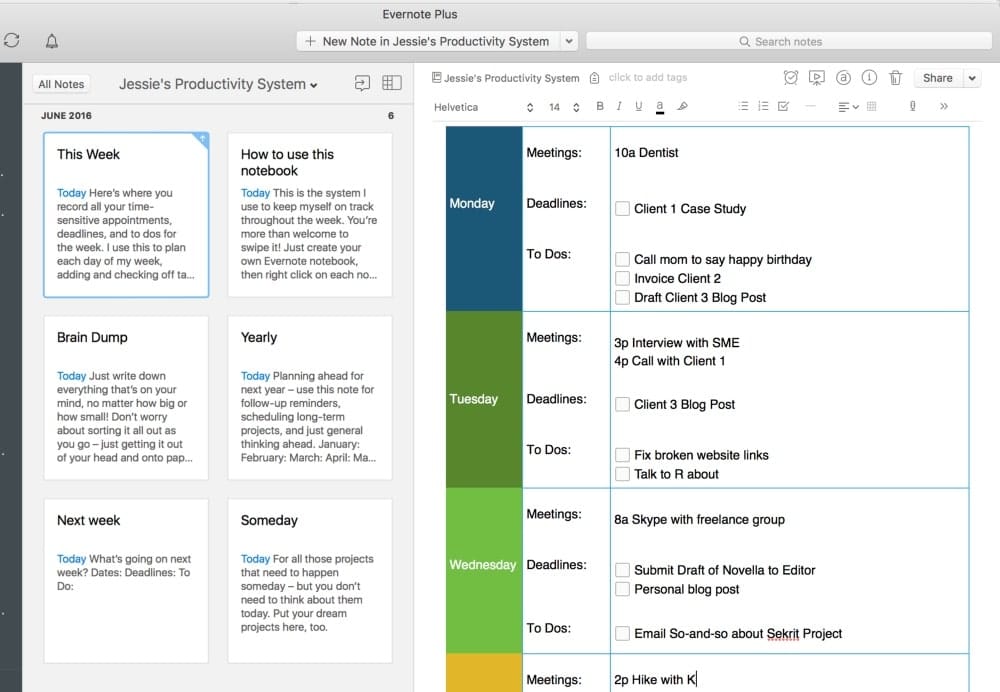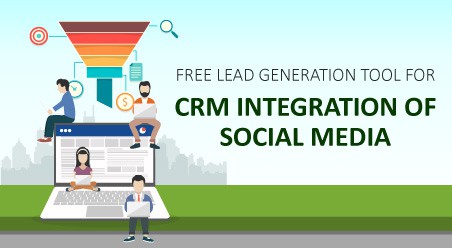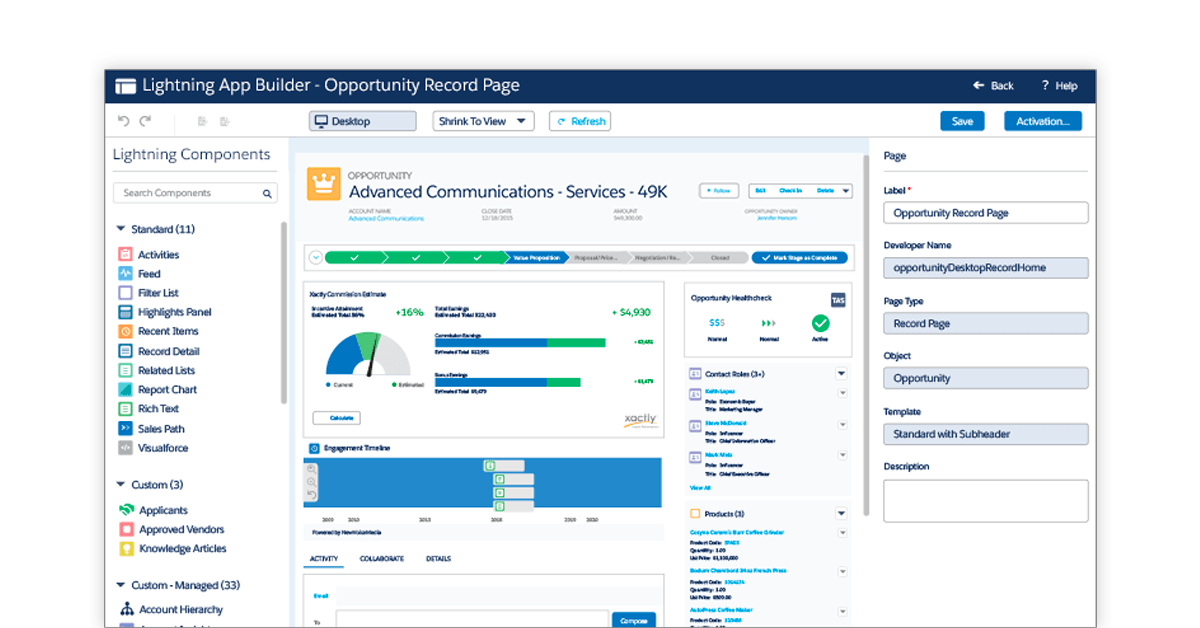Small Business CRM Tutorial: Your Complete Guide to Choosing, Implementing, and Mastering CRM
Small Business CRM Tutorial: Your Complete Guide to Choosing, Implementing, and Mastering CRM
Running a small business is a juggling act. You’re the CEO, the marketing guru, the customer service representative, and everything in between. Amidst the chaos of invoices, emails, and chasing down leads, it’s easy to let important things slip through the cracks. That’s where a Customer Relationship Management (CRM) system comes in. It’s not just for the big guys; in fact, a CRM can be a game-changer for small businesses, helping you streamline operations, boost sales, and build stronger customer relationships. This comprehensive tutorial will guide you through everything you need to know about CRM, from the basics to advanced strategies, empowering you to choose, implement, and master a CRM that works for your small business.
What is a CRM and Why Does Your Small Business Need One?
Let’s start with the basics. CRM stands for Customer Relationship Management. At its core, a CRM is a system that helps you manage and analyze customer interactions and data throughout the customer lifecycle. It’s more than just a contact list; it’s a central hub where you store, organize, and leverage information about your customers to improve your business.
Think of it this way: Imagine you have a rolodex (yes, a very old-school example!). Each card holds information about a customer – their name, phone number, maybe a few notes about past conversations. Now imagine that rolodex is digital, easily searchable, and connected to your email, phone, and even your website. That’s the power of a CRM.
Here’s why your small business desperately needs a CRM:
- Improved Customer Relationships: A CRM provides a 360-degree view of each customer, allowing you to personalize interactions and provide better service. You’ll remember birthdays, preferences, and past purchases, making your customers feel valued.
- Increased Sales: By tracking leads, managing the sales pipeline, and automating sales tasks, a CRM helps you close more deals and increase revenue.
- Enhanced Efficiency: Automate repetitive tasks like data entry and follow-up emails, freeing up your time to focus on more strategic activities.
- Better Data Insights: A CRM provides valuable insights into customer behavior, sales trends, and marketing campaign performance, helping you make data-driven decisions.
- Improved Collaboration: Keep your entire team on the same page with shared customer information and communication history.
- Scalability: A CRM grows with your business. As you add customers and team members, your CRM can adapt to your evolving needs.
Without a CRM, your customer data is likely scattered across spreadsheets, email inboxes, and team members’ memories. This makes it difficult to get a clear picture of your customers, leading to missed opportunities, frustrated customers, and ultimately, lost revenue. A CRM solves these problems by centralizing your customer data and providing the tools you need to manage and nurture your customer relationships effectively.
Key Features to Look for in a Small Business CRM
Choosing the right CRM for your small business can feel overwhelming. There are countless options available, each with its own set of features and pricing plans. However, certain features are essential for any small business CRM. Here’s a breakdown of the key features to look for:
- Contact Management: This is the foundation of any CRM. It allows you to store and organize customer information, including contact details, company information, and communication history. Look for features like:
- Contact import and export
- Duplicate contact merging
- Customizable fields
- Lead Management: This feature helps you track and nurture potential customers (leads) through the sales pipeline. Key features include:
- Lead capture forms
- Lead scoring
- Lead assignment
- Sales pipeline visualization
- Sales Automation: Automate repetitive sales tasks to save time and improve efficiency. Look for features like:
- Automated email sequences
- Task automation
- Workflow automation
- Email Integration: Seamlessly integrate your CRM with your email provider to track email communication and manage your inbox. Look for features like:
- Email tracking
- Email templates
- Email automation
- Reporting and Analytics: Gain insights into your sales performance, customer behavior, and marketing campaign effectiveness. Look for features like:
- Customizable dashboards
- Pre-built reports
- Data visualization
- Mobile Access: Access your CRM data on the go with a mobile app. This is crucial for sales reps and anyone who spends time outside the office.
- Integrations: Ensure your CRM integrates with other tools you use, such as:
- Email marketing platforms (e.g., Mailchimp, Constant Contact)
- Accounting software (e.g., QuickBooks, Xero)
- Social media platforms
- Website platforms (e.g., WordPress, Shopify)
- Customer Support: Look for a CRM provider that offers excellent customer support, including:
- Documentation
- Tutorials
- Email support
- Phone support
- Live chat
Beyond these core features, consider your specific business needs. Do you need features like project management, appointment scheduling, or e-commerce integration? Prioritize the features that align with your business goals and sales processes.
Top CRM Systems for Small Businesses
Now that you know what to look for, let’s explore some of the top CRM systems for small businesses. The best choice for you will depend on your specific needs, budget, and technical skills. Here are a few popular options, each with its own strengths:
- HubSpot CRM: HubSpot offers a free CRM that’s perfect for small businesses just getting started. It’s user-friendly, packed with features, and integrates seamlessly with HubSpot’s marketing and sales tools. As your business grows, you can upgrade to paid plans for more advanced features.
- Zoho CRM: Zoho CRM is a versatile and affordable option with a wide range of features, including sales automation, lead management, and customer support tools. It offers a free plan for small teams and scalable paid plans for growing businesses.
- Salesforce Sales Cloud: Salesforce is a leading CRM provider, offering a robust and feature-rich platform. While it can be more complex than other options, it provides powerful capabilities for sales, marketing, and customer service. Salesforce offers different editions to suit various business sizes and needs.
- Pipedrive: Pipedrive is a sales-focused CRM designed for small businesses and sales teams. It has a clean and intuitive interface, making it easy to manage leads and track sales pipelines.
- Freshsales: Freshsales is another user-friendly CRM with a focus on sales and customer service. It offers features like sales automation, lead scoring, and integrated phone and email.
- Insightly: Insightly is a CRM and project management tool that’s ideal for small businesses that need to manage both customer relationships and projects.
Choosing the right CRM is a process, not a one-time decision. Take your time, research different options, and consider your business needs before making a choice. Most CRM providers offer free trials, so take advantage of these opportunities to test out the software and see if it’s a good fit for your team.
Step-by-Step Tutorial: Implementing Your CRM
Once you’ve chosen your CRM, it’s time to implement it. This process can seem daunting, but with a well-defined plan, you can ensure a smooth transition. Here’s a step-by-step guide to implementing your CRM:
- Plan and Prepare:
- Define Your Goals: What do you want to achieve with your CRM? Identify your key objectives, such as increasing sales, improving customer satisfaction, or streamlining your sales process.
- Assess Your Current Processes: Map out your existing sales and customer service processes. Identify any pain points or areas for improvement.
- Clean Your Data: Before importing your data into the CRM, clean it up. Remove duplicates, correct errors, and standardize your data format.
- Choose a Team: Identify a team of users who will be responsible for implementing and using the CRM.
- Customize Your CRM:
- Configure Settings: Set up your CRM according to your business needs. This includes configuring user roles and permissions, setting up your sales pipeline, and defining custom fields.
- Import Your Data: Import your customer data from spreadsheets, contact lists, and other sources.
- Integrate with Other Tools: Connect your CRM with your email, website, and other tools.
- Customize the Interface: Personalize the CRM interface to make it user-friendly for your team.
- Train Your Team:
- Provide Training: Train your team on how to use the CRM. Provide them with documentation, tutorials, and hands-on training.
- Encourage Adoption: Emphasize the benefits of using the CRM and encourage your team to adopt it.
- Provide Ongoing Support: Offer ongoing support to your team and address any questions or concerns they may have.
- Test and Refine:
- Test the System: Test the CRM to ensure it’s working correctly and meets your needs.
- Gather Feedback: Gather feedback from your team and make adjustments to the CRM as needed.
- Monitor Performance: Monitor the CRM’s performance and make ongoing improvements.
- Go Live:
- Launch the CRM: Officially launch the CRM and start using it for your daily operations.
- Monitor and Adapt: Continuously monitor the CRM’s performance and adapt your processes as needed.
Pro Tip: Start small. Don’t try to implement every feature at once. Focus on the core features that will have the biggest impact on your business and gradually add more features as your team becomes more comfortable with the system.
Tips for CRM Success in Your Small Business
Implementing a CRM is just the first step. To truly succeed, you need to ensure that your team embraces the system and uses it effectively. Here are some tips for CRM success in your small business:
- Get Buy-in from Your Team: Involve your team in the CRM selection and implementation process. Get their feedback and address their concerns. The more invested they are, the more likely they are to use the system.
- Provide Ongoing Training and Support: Don’t just train your team once and then leave them to fend for themselves. Provide ongoing training and support to help them stay up-to-date on the latest features and best practices.
- Establish Clear Processes: Define clear processes for how your team will use the CRM. This includes how they will enter data, track leads, and manage customer interactions.
- Set Realistic Expectations: Don’t expect your CRM to solve all your problems overnight. It takes time and effort to implement and master a CRM. Be patient and persistent.
- Use Data to Drive Decisions: Regularly review your CRM data to identify trends, track progress, and make data-driven decisions.
- Keep Your Data Clean and Up-to-Date: Make sure your team is consistently updating the CRM with accurate and up-to-date information. This is essential for getting the most out of your CRM.
- Integrate Your CRM with Other Tools: Integrate your CRM with other tools you use, such as your email marketing platform and accounting software. This will streamline your workflow and improve efficiency.
- Automate Where Possible: Take advantage of your CRM’s automation features to automate repetitive tasks, such as sending follow-up emails and assigning leads.
- Regularly Review and Optimize: Regularly review your CRM usage and processes to identify areas for improvement. Make adjustments as needed to optimize your CRM for your business.
- Lead by Example: If you, as the business owner or manager, are not actively using the CRM, your team will be less likely to adopt it. Lead by example and show your team how to use the system effectively.
By following these tips, you can increase your chances of CRM success and reap the benefits of a more organized, efficient, and customer-centric business.
Troubleshooting Common CRM Challenges
Even with the best planning, you may encounter some challenges when implementing and using a CRM. Here are some common issues and how to address them:
- Data Entry Issues:
- Problem: Inconsistent or incomplete data entry.
- Solution: Establish clear data entry guidelines and provide training. Implement data validation rules to ensure data accuracy.
- Low User Adoption:
- Problem: Team members are reluctant to use the CRM.
- Solution: Get buy-in from your team, provide adequate training, and highlight the benefits of using the CRM. Make the CRM user-friendly and accessible.
- Integration Problems:
- Problem: Difficulties integrating the CRM with other tools.
- Solution: Choose a CRM that integrates well with your existing tools. Consult with the CRM provider’s support team for assistance.
- Lack of Data Analysis:
- Problem: Not using the CRM data to make informed decisions.
- Solution: Set up reports and dashboards to track key metrics. Train your team on how to analyze data and use it to improve performance.
- Limited Customization:
- Problem: The CRM doesn’t meet your specific business needs.
- Solution: Choose a CRM that allows for customization. Leverage custom fields, workflows, and integrations to tailor the CRM to your business.
- Security Concerns:
- Problem: Data security and privacy concerns.
- Solution: Choose a CRM with robust security features. Implement strong password policies and restrict access to sensitive data. Regularly back up your data.
By anticipating these challenges and having a plan to address them, you can minimize disruptions and ensure a successful CRM implementation.
The Future of CRM for Small Businesses
The world of CRM is constantly evolving, with new features and technologies emerging all the time. Here’s a glimpse into the future of CRM for small businesses:
- Artificial Intelligence (AI): AI is already playing a significant role in CRM, and its influence will only grow. AI-powered CRM systems can automate tasks, personalize customer interactions, and provide data-driven insights.
- Mobile-First Approach: With the increasing use of mobile devices, CRM systems will continue to prioritize mobile access and functionality.
- Enhanced Integration: CRM systems will become even more integrated with other business tools, creating a seamless workflow across all your applications.
- Focus on Customer Experience: The focus will shift even more to providing exceptional customer experiences. CRM systems will be designed to help businesses understand and meet customer needs more effectively.
- Increased Personalization: CRM systems will leverage data to personalize every aspect of the customer journey, from marketing messages to product recommendations.
Staying up-to-date on the latest CRM trends can give your small business a competitive edge. By embracing new technologies and adapting to changing customer expectations, you can create a CRM system that drives growth and success.
Conclusion: Mastering CRM for Small Business Growth
Implementing a CRM system is a significant step towards building a thriving small business. By choosing the right CRM, implementing it effectively, and consistently using it, you can streamline your operations, boost sales, and build stronger customer relationships. This tutorial has provided you with a comprehensive guide to navigating the world of CRM, from understanding the basics to mastering advanced strategies.
Remember that the key to CRM success is not just about the software itself, but also about the people and processes behind it. Get buy-in from your team, establish clear processes, and continuously analyze your data to optimize your CRM for your business. With dedication and a strategic approach, you can transform your small business with the power of CRM. Embrace the journey, and watch your business flourish!

